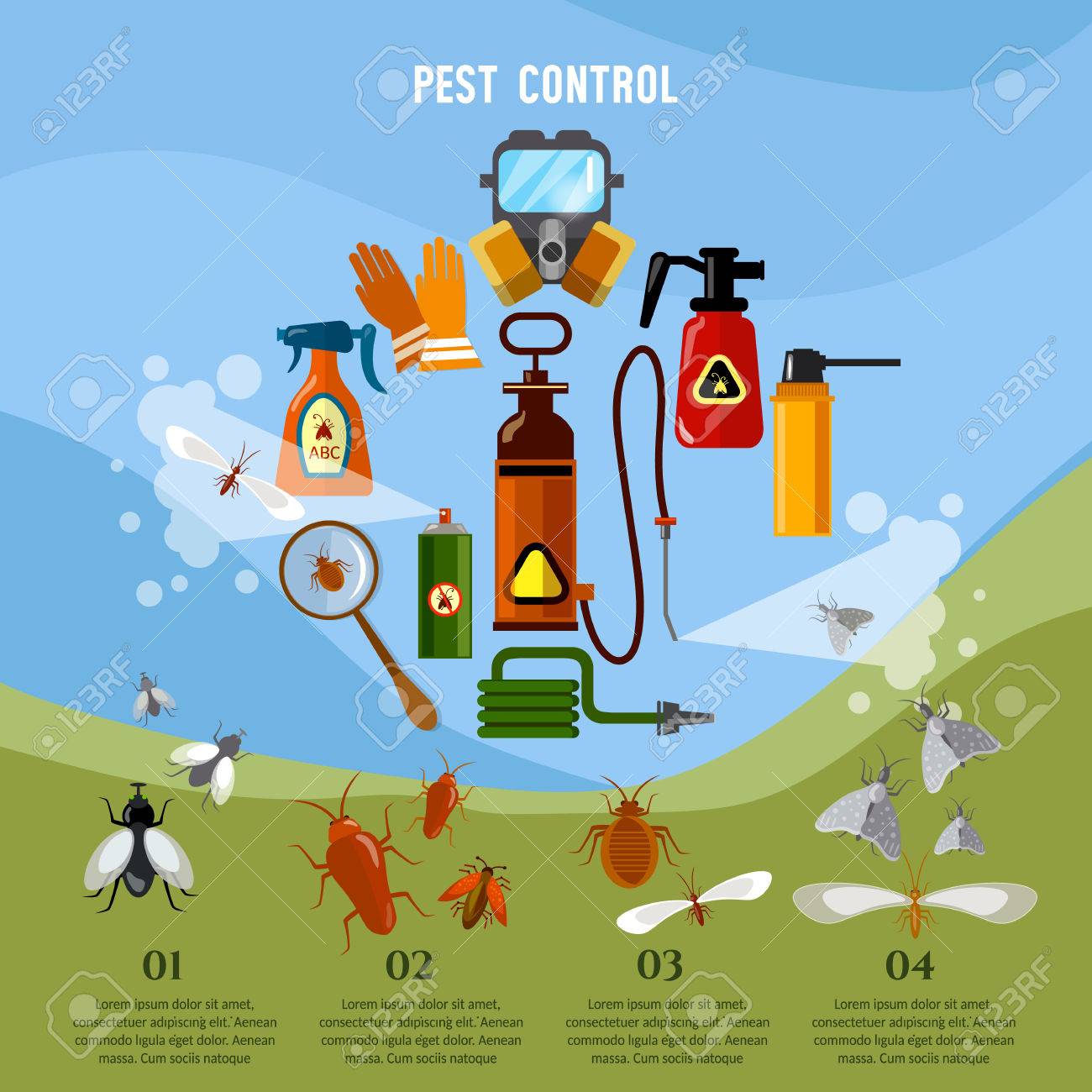Pest-Proofing Your Yard: Tips For Keeping Outside Insects Away
Pest-Proofing Your Yard: Tips For Keeping Outside Insects Away
Blog Article
Staff Author-Gupta Pittman
Visualize your garden as a shelter, a location of tranquility and appeal. However, the visibility of exterior parasites can quickly disrupt this picturesque photo. What if there were simple yet efficient means to maintain these unwelcome visitors at bay and secure your yard oasis? By adhering to a couple of functional tips and implementing natural methods, you can develop an unified outside space where your plants can prosper undisturbed.
Natural Bug Deterrents
To keep bugs away from your yard naturally, plant aromatic natural herbs like mint and lavender. These great smelling plants not only include beauty to your garden however also act as reliable pest deterrents. Pests like insects, flies, and also some garden-damaging bugs are repelled by the solid scents sent out by these natural herbs. Simply placing go here around your garden can aid create an all-natural obstacle versus unwanted insects.
Along with mint and lavender, take into consideration growing other herbs like rosemary, basil, and lemongrass to better improve your yard's pest-proofing capabilities. These natural herbs not just serve as all-natural repellents however also have actually the included benefit of working in food preparation or crafting homemade treatments.
Strategic Plant Placement
Consider the layout of your garden and the kinds of plants you need to tactically position them for maximum pest-proofing efficiency.
Beginning by grouping plants with similar resistance to parasites with each other. By doing this, you can produce an all-natural obstacle that prevents bugs from spreading throughout your yard.
Furthermore, putting pest-repelling plants like marigolds, lavender, or mint near more vulnerable plants can help secure them. Tall plants, such as sunflowers or corn, can act as a guard for much shorter plants versus parasites like bunnies or ground-dwelling bugs.
Keep in http://entomologytoday.org/2018/01/29/brown-recluse-pest-management-tips-for-the-spider-thats-not-as-common-as-you-think/ to leave sufficient area between plants to boost air blood circulation and reduce the threat of illness that pests might bring.
Additionally, think about growing strong-smelling natural herbs like rosemary or basil near at risk plants to confuse pests' detects and make it harder for them to locate their targets.
Reliable Bug Control Techniques
For combating yard pests effectively, implementing a multi-faceted parasite control method is crucial. Start by urging all-natural predators like birds, ladybugs, and praying mantises to help maintain bug populations in check. Introducing plants that draw in these useful insects can assist in parasite control. In addition, practicing good garden hygiene by eliminating debris and weeds where pests might hide can make your yard much less friendly to unwanted visitors.
Think about utilizing physical obstacles such as row cover textiles or netting to protect at risk plants from parasites like caterpillars and birds. Using natural pesticides like neem oil or insecticidal soap can additionally work against certain bugs while being less dangerous to advantageous bugs and the setting. It's important to revolve your plants each season to prevent the buildup of insect populations that target certain plants.
Regularly examine your plants for signs of bug damages so you can take action quickly. By incorporating these approaches and remaining watchful, you can properly regulate garden insects and take pleasure in a growing, pest-free garden.
Final thought
So, there you have it - with the ideal strategies, you can keep pesky outdoor pests far from your garden and help your plants thrive.
Did you understand that planting mint has been revealed to ward off insects and various other pests, reducing the need for dangerous pesticides by up to 60%?
By incorporating all-natural deterrents and clever growing methods, you can create a lovely and pest-resistant yard sanctuary for you to delight in.
